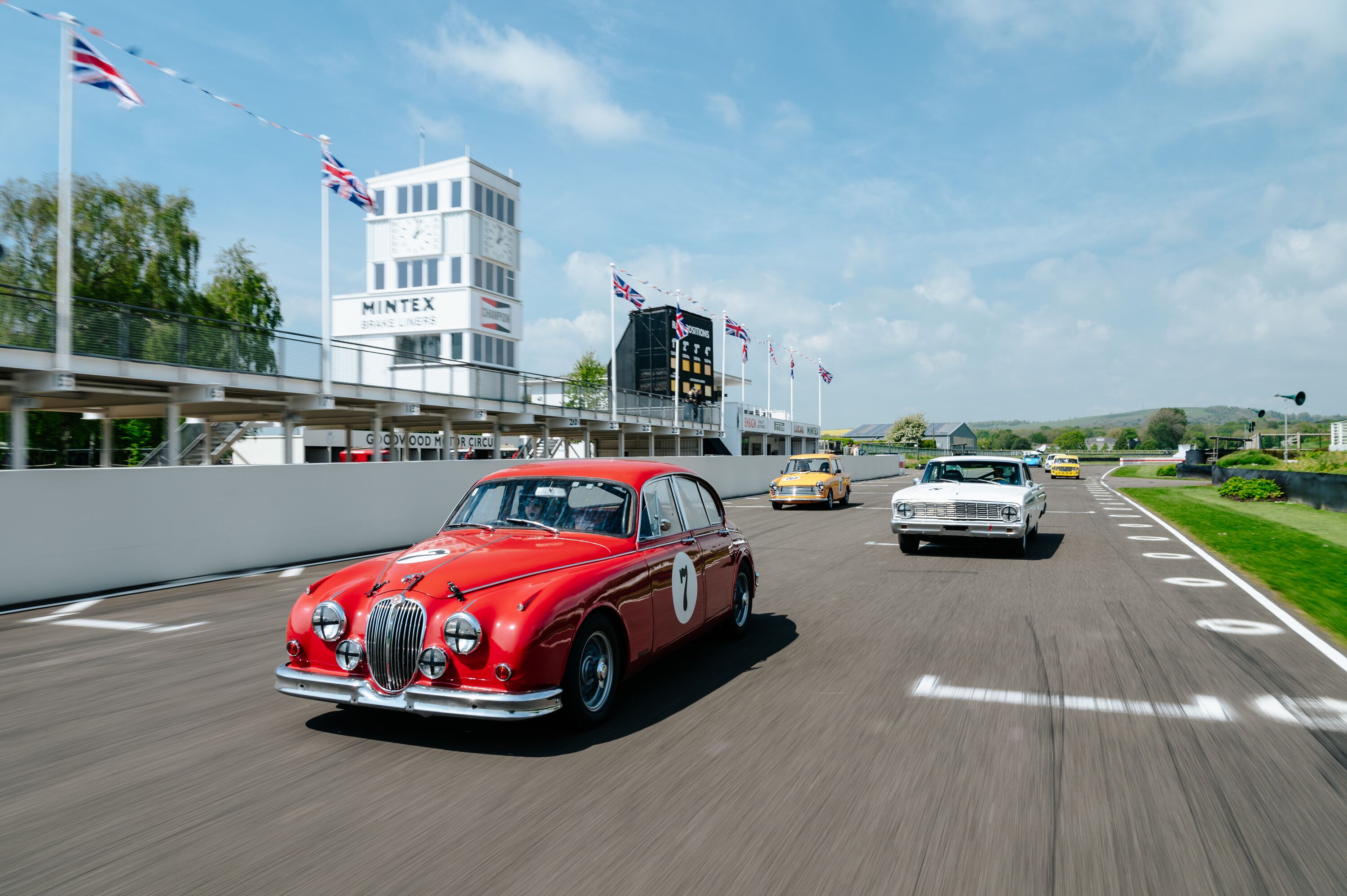Viritech Apricale is a 1,000PS hydrogen hypercar
The 1,000PS (746kW) hypercar is well established in the car enthusiast’s psyche. We won’t go as far as to say we’re blasé about four-figure power outputs, but they don’t elicit the slack jaws they once did. While power outputs have been on the rise, so have kerb weights. So it’s refreshing that the Viritech Apricale promises to tip the scales at below 1,000kg. It makes its debut today at the Festival of Speed presented by Mastercard.

EVs have been the main driver of burgeoning weights, but the Apricale also boasts the zero tailpipe emissions of its battery-powered rivals. Its secret is hydrogen power, and the company claims it has re-evaluated the way fuel cell electric vehicles are configured. The result is a car that combines the weight benefits of an ICE car with the instant throttle response of an EV.
Viritech CTO Matt Faulks explains: “Hydrogen fuel cells have, until now, been used as range extenders for powertrains with batteries at their heart. We’ve essentially turned that approach on its head, developing a powertrain around multi-hundred kW fuel cell system supported by a lightweight but highly efficient battery. This delivers hypercar performance for the Apricale but at less than half the weight of typical BEV hypercars. Not only does this reduction in weight transform Apricale’s driving dynamics, but our reduced reliance on batteries means less demand on rare earth minerals.”
One of the downsides of hydrogen vehicles has been the heavy hydrogen storage tanks needed to withstand the pressure. Using lightweight composites and resin, Viritech has reduced the weight of the tanks significantly which lowers weight, improves packaging and increases range. The Apricale is expected to cover 350 refills before refuelling. The company has a patent-pending system that allows a continuously variable mix of energy from the fuel cells and batteries, while the regenerative braking benefits from far greater energy recovery than a traditional BEV.
Viritech is keen to capitalise on the car’s low weight with great handling. The carbon fibre monocoque structure hosts pull-rod torsion bar suspension and drive motor for each axle. The dynamics will be tuned to mimic those of a traditional mid-engined supercar. Mechanical differentials take care of torque vectoring. The Apricale can deploy 800kW and a single ratio can take it from rest to beyond 200mph.
The design of the prototype was optimised by Pininfarina, and the two companies are in talks to produce a run of 25 cars built by the Italian company. Visitors to FOS will have a chance to see the Apricale up close in the Michelin Supercar Paddock.
You'll be able to catch the Apricale and other world debuts at the 2022 Festival of Speed by clicking here for our live stream!
Photography by Pete Summers
Viritech
Apricale
FOS 2022
Festival of Speed
-

Mega-Gallery: The Supercar Paddock at FOS
-

Mega-gallery: From clubmans to Le Mans, sportscars at FOS
-

Gallery: Game-changers at FOS
-

Video: The incredible FOS timed Shootout in full
-

The Ferrari 575 GTC Is An Unappreciated Masterpiece















